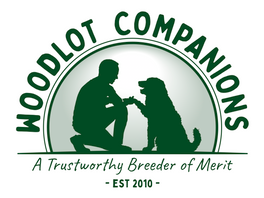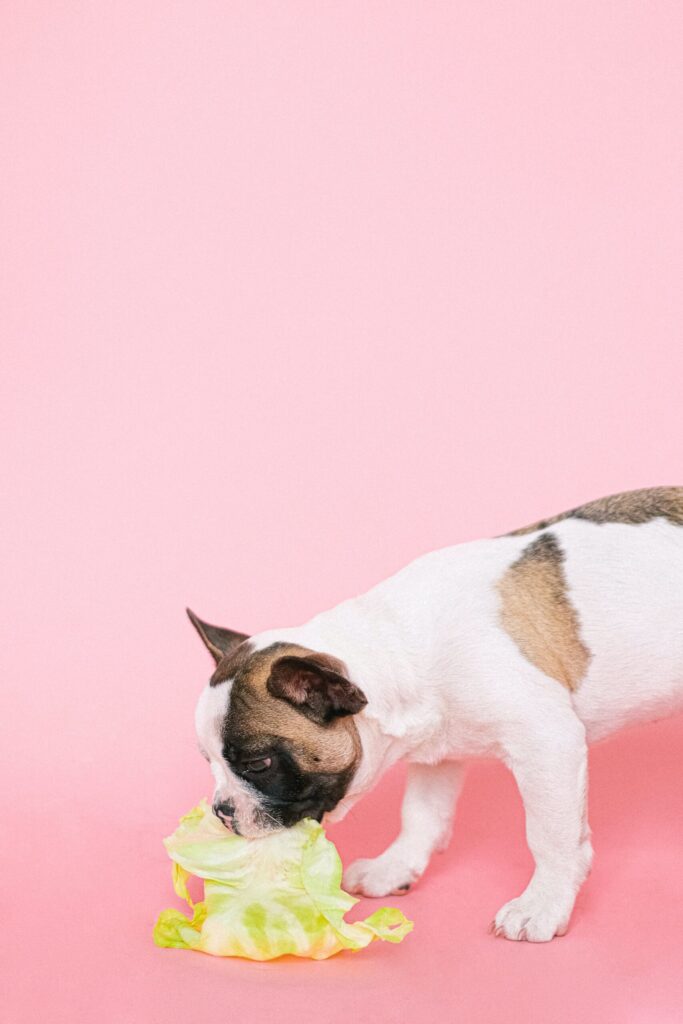Common Puppy Digestive Mishaps
Puppies are forever curious and if their nose catches a scent they find interesting they are very likely to further their investigation by eating whatever it may be. As your furry friend grows it is important to teach them commands like “leave it” and “drop,” with safe toys, so that the possibility of them ingesting something harmful can be controlled. However, no matter how great your efforts, at some point you are likely to find that you couldn’t catch them before they decided to ingest whatever it was that caught their attention.
When should I take my puppy to the vet?
A trip to the vet may not be necessary depending on what substance was ingested or how much was consumed in comparison to their weight— even chocolate, a known toxic substance to dogs does not automatically require medical assistance. Oftentimes you may not even know if something was eaten at all, so it is best to keep a watch for symptoms. The earliest signs to look for are a change in eating habits and defection. What goes in must come out and if they are having a hard time processing what went in then they are likely to have a loss of appetite, become lethargic, and if they do go to the bathroom, it will most likely be diarrhea. If these persist for more than 24 hours or new symptoms develop then a trip to the veterinarian needs to be arranged immediately!
Below are some of the most common items ingested by puppies and dogs alike every year and what to do if your little furball is one of them!
How bad is chocolate for my puppy?
As we mentioned above, ingesting chocolate does not immediately mean a trip to the vet, but if it was dark chocolate than there is more cause for concern. Generally, the darker, more bitter the chocolate is, the more dangerous it is for dogs. Your puppy’s weight will also factor into the severity of your situation. For example, a 10-pound pup that eats a small amount of dark chocolate may experience severe signs and require professional help compared to the same size dog who eats a larger amount of milk chocolate. The PetMD Chocolate Toxicity Meter is a tool you can use to help calculate your puppy’s risk and the potential symptoms that may occur. It could take 1-2 hours to see any developing side effects and once present could last for a few hours or several days. If panting, increased breathing rate or restlessness are expressed, then more immediate medical attention is needed.
Can my puppy eat chicken bones?
Bones of all sorts come with potential hazards, but the chicken bone is one that poses the most cause for concern. With chicken being one of the most consumed meat products within our homes, not only by us, but our dogs themselves— they know the scent and the reward it brings. Imagine you have just arrived home from the grocery store and start to put away all the food, only to turn around and realize the rotisserie chicken is missing. Maybe it got left in the car, but upon further investigation, you find the half-eaten carcass in the corner with a very guilty looking pup trying to convince you they found it that way.
If you see that there are no signs of your dog having trouble breathing than the odds are very good that there is no need to rush off to the vet, however if there are then take a moment to open your pups mouth to look for any bones that may have lodged themselves in their airway and remove them if possible. Otherwise, it’s time to take them to the pet emergency immediately! Bird bones of any kind are prone to splintering and often become stuck in the throat or tear the digestive tract. A cooked chicken is less likely to pose a problem and if they’ve managed to eat it without any signs of distress, the likelihood of it becoming a problem after digesting in their stomach is low. However, because it still a possibility you will need to monitor them for 48 hours. Symptoms such as poor appetite, vomiting, coughing and trouble breathing mean further medical attention is required.
Will my puppy get high from Marijuana?
According to a veterinary study in Colorado, an increase of incidences in dogs eating weed climbed dramatically following the drug’s legalization and as the laws continue to change, so will the exposure to pets. Unfortunately, this can pose a real threat to our furry friends because they have more cannabinoid receptors in their brains causing more severe effects and there are some forms of Marijuana that are more toxic than others. Specifically, the oils and butters used in making candies and food products contain up to a 90% concentration of THC and are the most toxic— additionally any edible made with chocolate will of course pose a further threat. So, what do you do if you’re taking a walk with your sweet pup, and they happen to find and consume weed? If you suspect that your dog ate Marijuana, seek immediate veterinary care, without hesitation! It is critical that you provide the most information possible, so if you are able to provide a sample for the vet to test toxicity this can be extremely helpful.
Your dog is going to feel the effects quite quickly, showing signs of incoordination, lowered or irregular heart rate, sensitivity to loud noises and dilation of the pupils. The more severe cases can cause tremors, seizures, or cause your pup to go into a comatose state. Rest assured you are not the first pet owner to bring your puppy in with a case like this and vets are in the business of providing the best care for your pet. They will not show judgment or get law enforcement involved even if you live in a state where Marijuana is not legal, so please do not hesitate in bringing them to the care they may desperately need. Treatment can be scary, but most dogs will recover.
What over the counter drugs are poisonous to dogs
A dropped pill or a pack of birth control may be just what your puppy finds appealing and if this is the case it’s best to gather as much information as possible— it is crucial to have the packaging or full product information and then call your veterinarian to discuss whether or not your pup needs to be seen. You can also call the Pet Poison Helpline at 855-764-7661 or ASPCA Animal Poison Control Center at 888-426-4435 for help in deciding what care your dog may need. They are available 24/7 and more than 50% of their calls involve pets ingesting human medications and though some may be harmless, or your dog has even had one as a prescription themselves it is best to make the call so you know what symptoms to watch out for or what care may be required. Most often it may not even be the pill itself that causes an issue, but the plastic packaging possibly causing a blockage from ingesting, so if you know they did eat the packaging along with the pill you will need to keep a watch on their food intake and outtake. However, most dogs will not need treatment and will fully recover.



